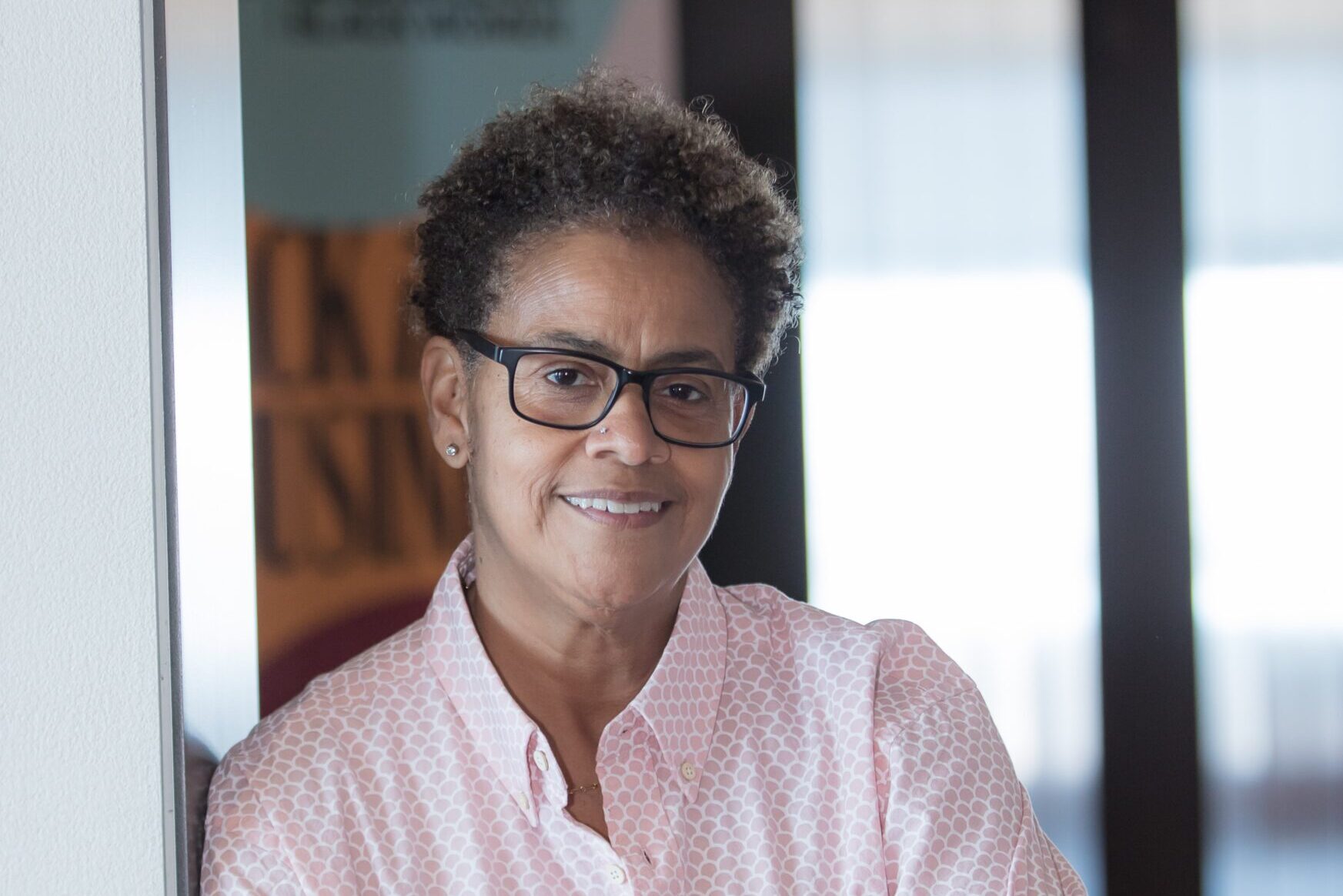Coding boot camps and various science programs aimed at serving underrepresented communities are becoming increasingly popular around the United States, especially in cities that have a large tech presence.
With the success of Black Girls Code and other organizations targeting minorities, researchers and program founders are forced to find ways to keep youth intrigued by STEM.
Getting children from various ages excited about STEM is a large enough hurdle, but exposing underserved communities to the content presents a unique set of hurdles.
Justin Shaifer, the founder and executive director of Fascinate, Inc., is dedicated to educating New York City youth about all aspects of STEM. Fascinate, Inc. builds educational STEM programs for companies and organizations that serve minority communities.
“We want to be for STEM what ESPN is for sports,” Shaifer said. “We’re trying to show kids how dope this stuff really is.”
Shaifer wants to find innovative ways to keep kids’ attention on STEM in and out of the classroom.
“It’s going to take more than paper mache volcanoes to get students into science,” Shaifer said. “This is not how we prepare our kids for a career.”
He said that many initiatives lack an understanding of what STEM professionals do.
“I don’t think it’s that people have bad intentions with the kids. It’s just that they don’t know what these careers consist of,” Shaifer said. “It takes professionals who’ve been in the workforce to create a comprehensive program that actually prepares the kids.”
Shaifer has helped develop science curriculums for public schools in New York City, while also balancing life as a Ph.D. student at Columbia University. He said that he wants to make science digestible for students who are not usually exposed.
“Kids are not motivated by STEM intrinsically because it’s not seen as cool to them, so if you don’t relate STEM to them, then it doesn’t work,” Shaifer said. “We’re teaching kids how to solve problems in their personal and community lives.”
The Chicago-native said he was once the kid who thought science was boring. Things changed once it was time to plan for college. Shaifer and his mother made a deal that he would find a way to pay for it on his own. After sifting through scholarship applications, he realized that there was tons of money for students pursuing a major in STEM.
He went on to graduate from Hampton University with a bachelor’s in marine and environmental science before making his way to New York for Columbia University.
“A lot of times, we get into these spaces and look around and don’t see anyone like us, and that makes us want to leave,” Shaifer said, noting his journey as a scientist. He hopes his experiences will inspire more students to push through and join majors across STEM.
When he’s not working with kids or doing speaking engagements, he’s on Twitch hosting WGBH’s Escape Lab, an online science game show on Twitch. The show is the first phase of WGBH’s Emerging Platforms Initiative, which plans to bring more public content online.
Shaifer’s latest project is the Magic Cool Bus, a mobile STEM lab designed for middle and high school students with the ultimate goal of building partnerships that will pipeline the students into broader STEM fields. He calls it “Wakanda on Wheels.”
So far, Shaifer has partnered with Google, Microsoft, and MIT media lab to develop the curriculum and offerings for the bus.
Shaifer is working to expand Fascinate’s curriculum to other schools in NYC as he juggles public speaking and solidifies plans to launch the Magic Cool Bus.
















